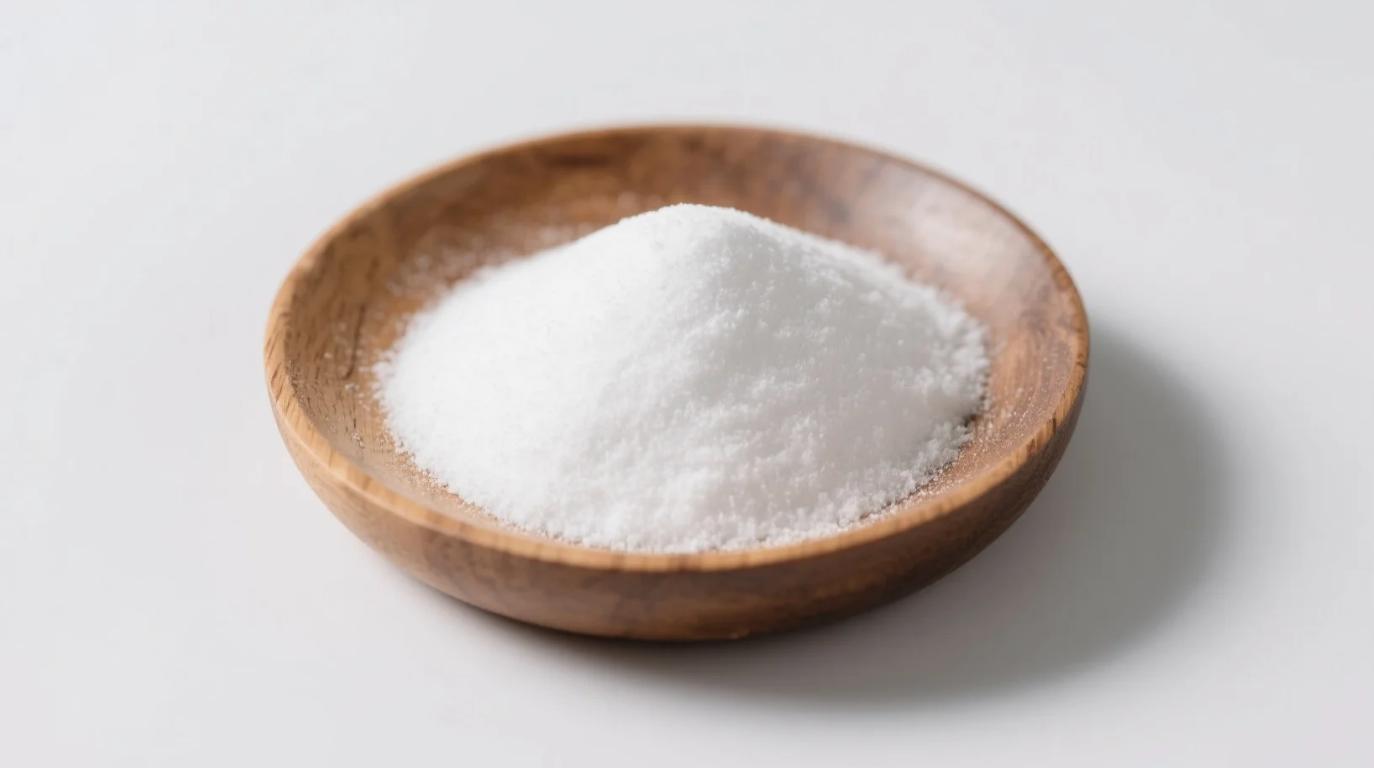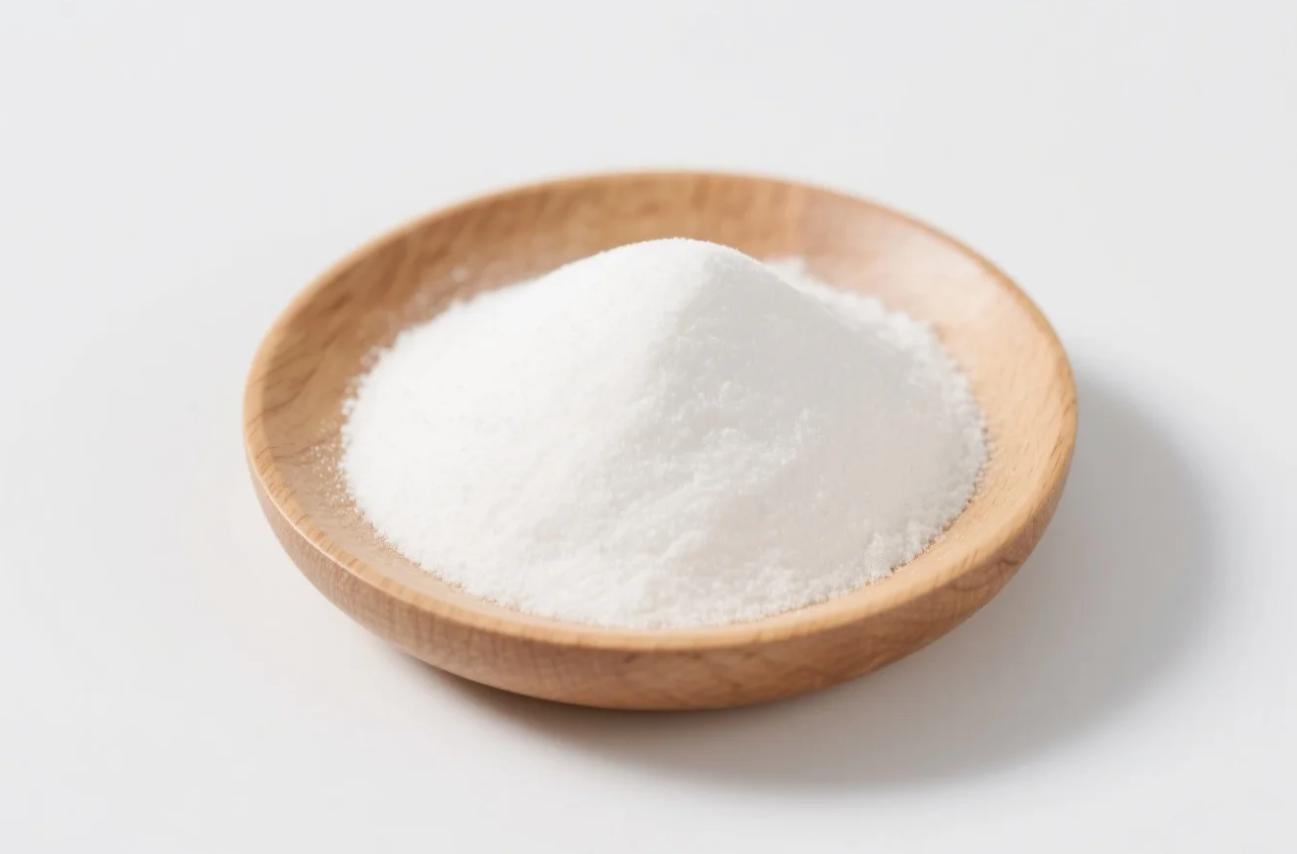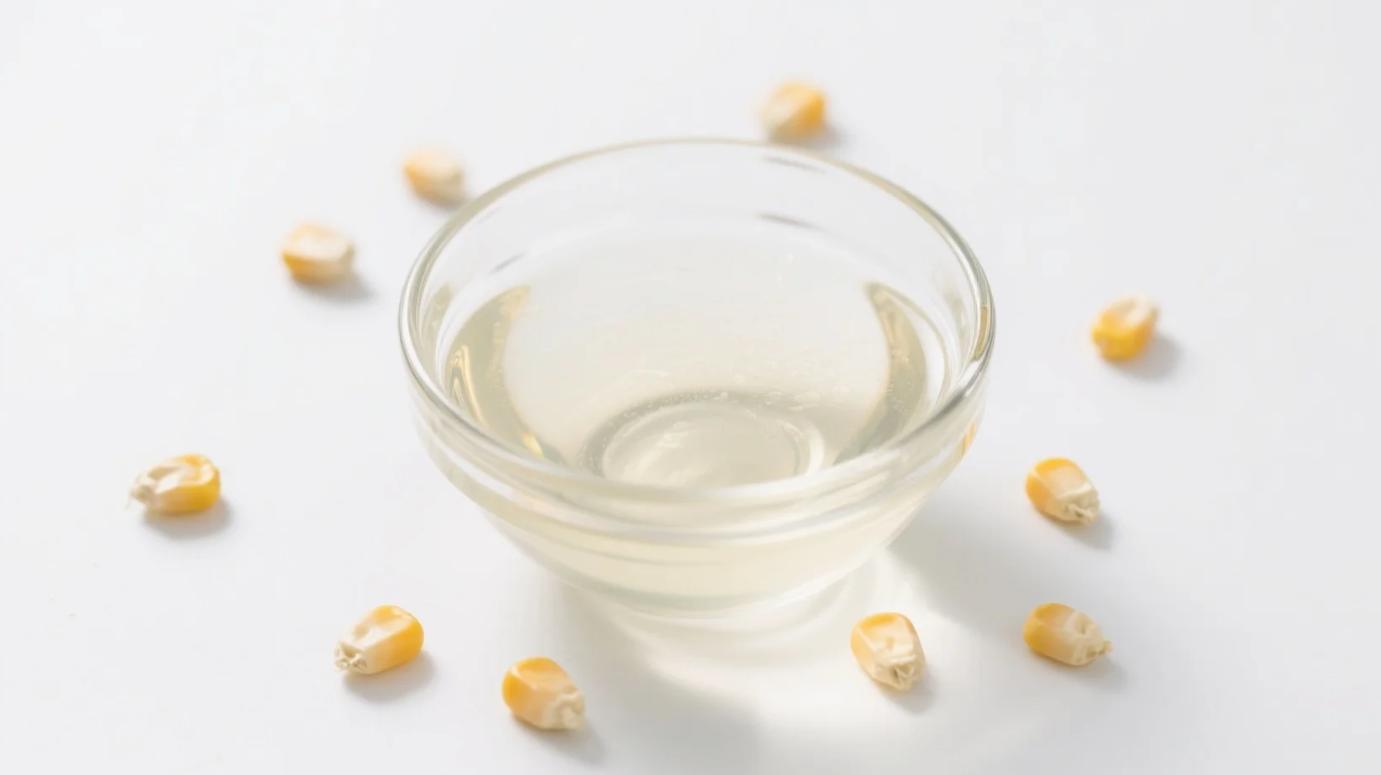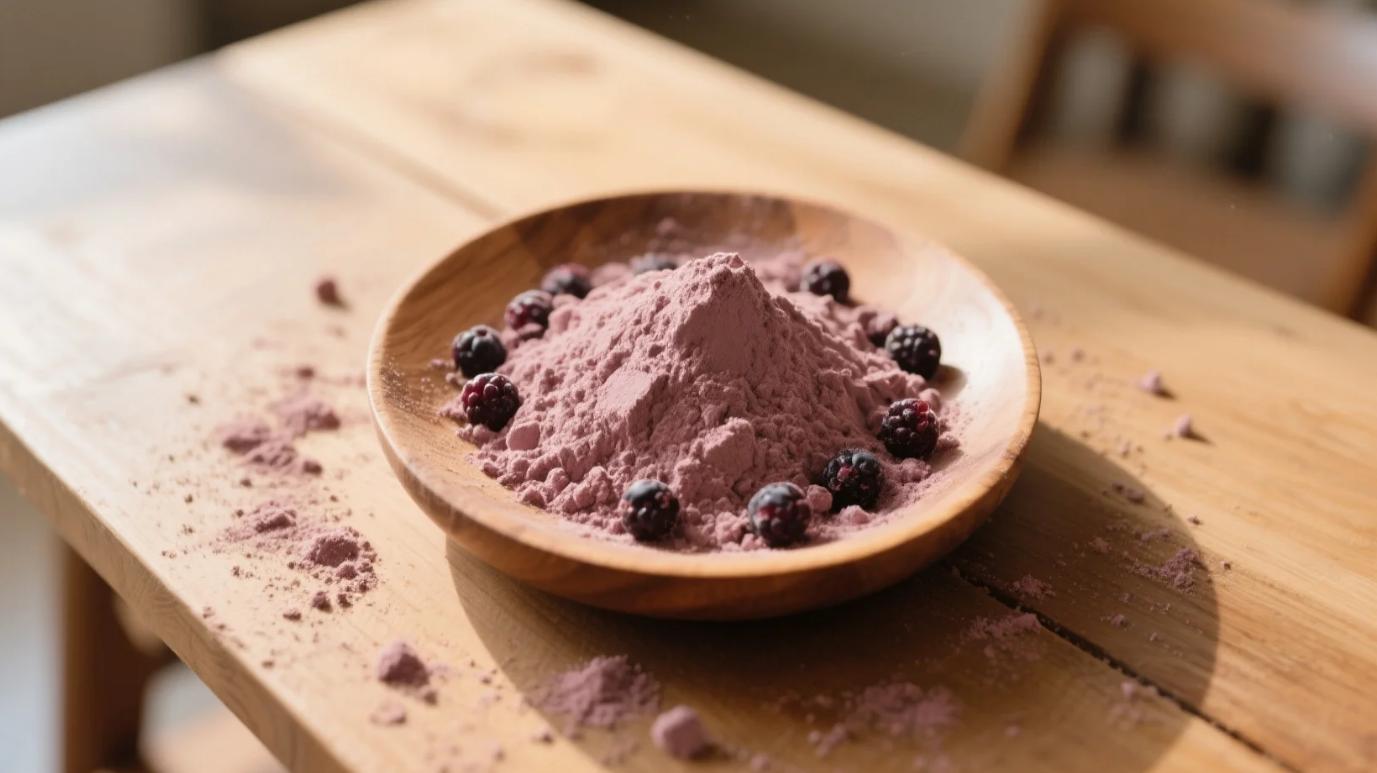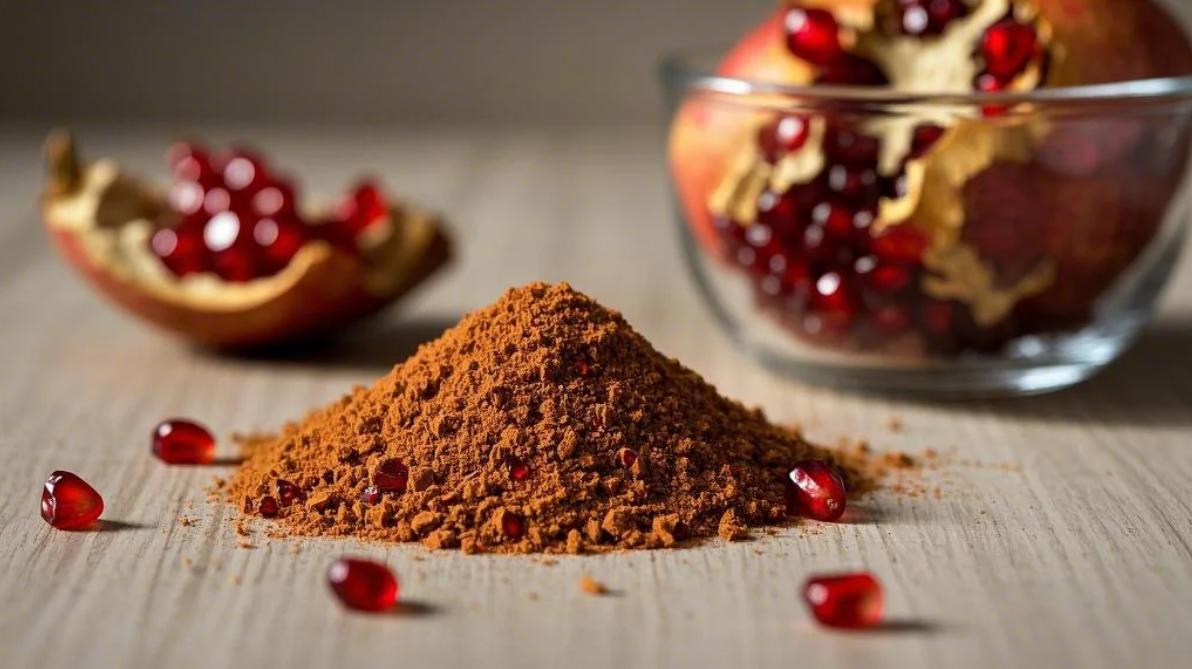Inulin is a dietary fiber that is found in various fruits, vegetables and herbs, such as wheat, onions, bananas, leeks, artichokes and asparagus. It is also a polymer of fructose molecules (fructan) that can nourish the beneficial bacteria in the gut and provide various health benefits. Inulin is not digested or absorbed in the stomach, but travels to the lower gut where it feeds the good bacteria. Inulin is also used for medicine by soaking chicory roots in hot water. It can help lower blood fats, promote weight loss, improve bowel function and regulate blood sugar levels.
Organic inulin is derived from natural sources that are grown without the use of synthetic pesticides, fertilizers or genetically modified organisms (GMOs). Organic inulin is preferred by consumers who are concerned about the environmental and health impacts of conventional agriculture. Organic inulin is also certified by third-party agencies to ensure its quality and authenticity.
The global organic inulin market is expected to grow at a significant rate in the coming years, due to the increasing demand for high nutritional ingredients, natural products and dietary supplements. This article analyzes the market outlook of organic inulin from various sources, regions and applications.
Sources of Organic Inulin
The major sources of organic inulin are agave, chicory, Jerusalem artichoke and others. Among these, chicory is the most widely used source of organic inulin, as it has a high content of inulin (up to 20%) and can be cultivated easily. Agave is another popular source of organic inulin, especially in Mexico and South America, where it is also used for making tequila and other beverages. Jerusalem artichoke is a tuberous plant that contains about 10% of inulin and can grow in various climates and soils. Other sources of organic inulin include dahlia, yacon, burdock and elecampane.
Applications of Organic Inulin
The major applications of organic inulin are food & beverages, dietary supplements, pharmaceuticals and animal feed. Among these, food & beverages is the largest application segment of organic inulin, as it can be used as a prebiotic, a fat replacer, a texture enhancer and a sugar reducer. Organic inulin can improve the taste, texture and nutritional value of various food products, such as dairy products, bakery products, cereals, snacks, confectionery and beverages. Dietary supplements is another important application segment of organic inulin, as it can provide various health benefits such as improving gut health, lowering cholesterol levels, enhancing calcium absorption and supporting weight management. Pharmaceuticals is a growing application segment of organic inulin, as it can be used as an excipient or a carrier for drug delivery systems. Animal feed is an emerging application segment of organic inulin as it can improve the digestive health and immunity of livestock animals.
Market Drivers and Challenges
The major factors driving the growth of the global organic inulin market are:
- The increasing awareness among consumers about the health benefits of organic inulin and its role as a prebiotic fiber that can support gut health and immunity.
- The rising demand for natural and clean label products that are free from artificial additives, preservatives or GMOs.
- The growing popularity of functional foods and beverages that can provide additional health benefits beyond basic nutrition.
- The expanding applications of organic inulin in various industries such as food & beverages, dietary supplements pharmaceuticals and animal feed.
However, the global organic inulin market also faces some challenges such as:
- The high cost of organic production and certification compared to conventional methods.
- The lack of awareness and availability of organic inulin products in some regions and markets.
- The competition from other prebiotic fibers such as oligofructose and polydextrose.
- The regulatory hurdles and safety concerns regarding the use of organic inulin in some applications.
Conclusion
Organic inulin is a dietary fiber that can provide various health benefits by nourishing the good bacteria in the gut. It is derived from natural sources such as chicory, agave and Jerusalem artichoke. It is used for various applications such as food & beverages,dietary supplements, pharmaceuticals and animal feed. The global organic inulin market is expected to grow at a CAGR of 6.3%.
You might also like
Organic Dextrose Powder
A simple, naturally derived sugar from organic corn starch, offering clean sweetness, rapid energy, and…
Organic Maltodextrin Powder
Organic maltodextrin with DE 8–20 range, neutral taste, high solubility, and multiple functional uses.
Organic Glucose Syrup
A pure, viscous liquid sweetener derived from organic corn starch, offering balanced sweetness, excellent body,…
